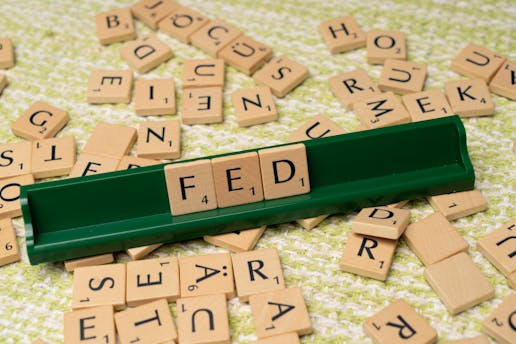Suppose you need to wake up before 7 a.m. to get to work on time. You set your first alarm for 6:30 a.m., the second for 6:45 a.m., and the third for 6:55 a.m., with a final one at 7:05 a.m. to avoid hitting the snooze button. Does this sound familiar? Experts say if your clock app is clogged with morning alarms, you’re setting yourself up for a groggy morning. According to Dr. Brandon Peters, a neurologist and sleep medicine physician at Virginia Mason Franciscan Health in Seattle, hitting the snooze button disrupts the quality of sleep, fragmenting the crucial final stages of REM sleep, which is essential for memory processing and creative thinking.
Why Waking Up Can Be Difficult
Certain sleep disorders, such as sleep inertia, make it hard for some people to hear an alarm in the morning, causing them to inadvertently turn off or snooze the alarm. However, most often, needing multiple alarms to wake up indicates sleep deprivation, says Dr. Cathy Goldstein, a sleep medicine physician at the Sleep Disorders Center of Michigan Medicine. She suggests first addressing any underlying issues by ensuring you get the sleep you need, which is typically seven to nine hours for most adults. Understanding your exact sleep requirements can be helpful, and long vacations or breaks can offer valuable insights into your natural sleep patterns. Good sleep is important.Shutterstock
Good sleep is important.Shutterstock
Adjusting Your Biological Clock
For those naturally inclined to be night owls but need to wake up early for work, Dr. Alicia Roth, a clinical sleep psychologist at Cleveland Clinic Sleep Disorders Center, advises gradually shifting your bedtime. Moving your bedtime earlier by 30 minutes every few days or an hour each week can help adjust your biological clock. Limiting exposure to bright lights and screens before bed also supports the natural production of melatonin. Waking up at the same time every day is crucial for adjusting to early mornings. If you wake up before your alarm, avoid checking the time to prevent anxiety about lost sleep, and try to go back to sleep. If you can't sleep, engage in a quiet activity until you feel sleepy again.







